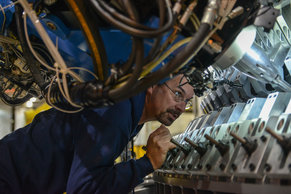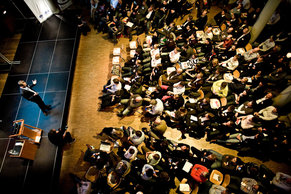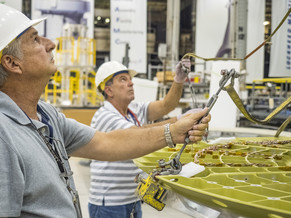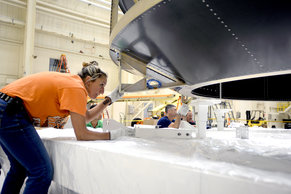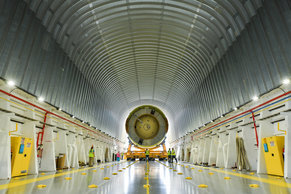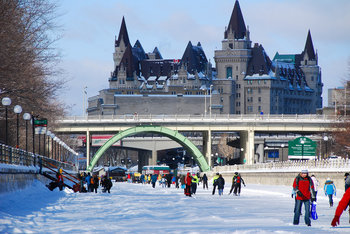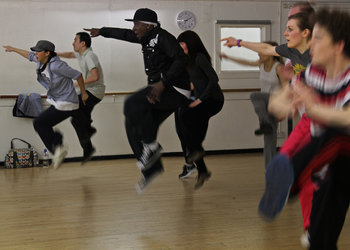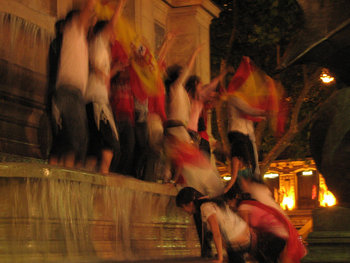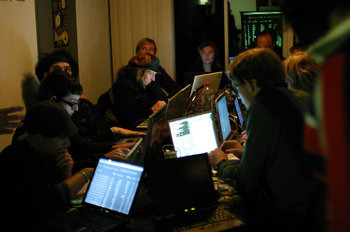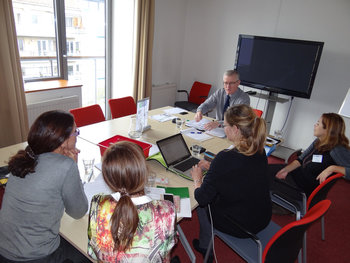
Acquaintances | Activist organizations |
Advocacy groups | After-school programs |
Alumni networks | Art groups |
Business contacts | Choirs |
Church groups | Civic organizations |
Classmates | Committees |
Community farms and gardens | Community groups |
Community policing groups | Community theater groups |
Companies i.e. the social environment of a firm | Cooperative businesses |
Cooperative efforts e.g. open-source software communities | Cooperatives |
Coworkers | Coworking spaces i.e. as a social and professional environment |
Creative collectives | Cultural festivals and events |
Cultural groups | Dog runs and other places where neighbors meet |
Entrepreneurial networks | Environmental groups |
Family ties | Farmers markets |
Fraternal organizations | Friends and friend networks such as friends of friends |
Hobby clubs | Homeowners associations |
Investment clubs | Knowledge-sharing networks |
Labor unions | Language exchange groups |
Local business associations | Local government networks |
Maker spaces | Meetups and interest-based events |
Mentoring relationships | Musical groups |
Mutual aid networks | Neighborhood associations |
Neighborhood cooperatives | Neighborhood watch groups |
Networking at industry events | Networking at professional events |
Nonprofit organizations | Online communities and forums |
Online interest groups | Parent-teacher associations |
Partnerships | Performance groups e.g. a dance troupe |
Philanthropic organizations | Political affiliations |
Political engagement i.e. volunteering to support a political campaign | Professional associations |
Professional networks | Religious affiliations |
Repair cafes | School clubs & enrichment activities |
Schools | Shared workspaces |
Social clubs | Social media connections |
Sororities | Sports teams |
Support groups | Teams |
Tenants associations | Trade associations |
Travel groups | Universities & colleges i.e. the social environment and relationships attached to these institutions |
Volunteer organizations | Youth organizations |
Detailed Examples
Social interaction between people and trust that is extended based on membership in a community. For example, a dog park where everyone is generally friendly such that it represents a source of social fulfillment, information exchange and relationship building for dog owners in a neighborhood.
Groups that demonstrate cooperative behaviors. For example, a neighborhood that works together to convince a city to make their street a living street.
Social Capital vs Cultural Capital
Social capital shouldn't be confused with cultural capital. Cultural capital are things like language and norms that help people to cooperate.Social Capital is "Positive"
It is often stated that social capital is "positive" or that it is based on "positive" interactions between people. This isn't strictly true. All social processes can build relationships, even if they feel intensive or negative. For example, a relationship of respect may develop between political adversaries at work such that they may support each other in the long term. As with all capital, social capital does not always produce positive results. Social capital helps you to get things done as a society. If your strategy is flawed, social capital can produce negative results. For example, a strongly unified society may launch a war that only produces negative results for all sides. A deeply divided society could produce better results than a united society with a bad plan.Value of Social Capital
Social capital can improve the value of assets, products and services. For example, a house in an friendly area with a strong sense of community may be worth more to its owner. Likewise, social capital has significant business value whereby people who know may people may bring customers, revenue, partnerships and important sources of information to a firm.Overview
Social capital is the value of social relationships to a community, institution, organization or individual. This value can be financial or some other benefit such as improved quality of life.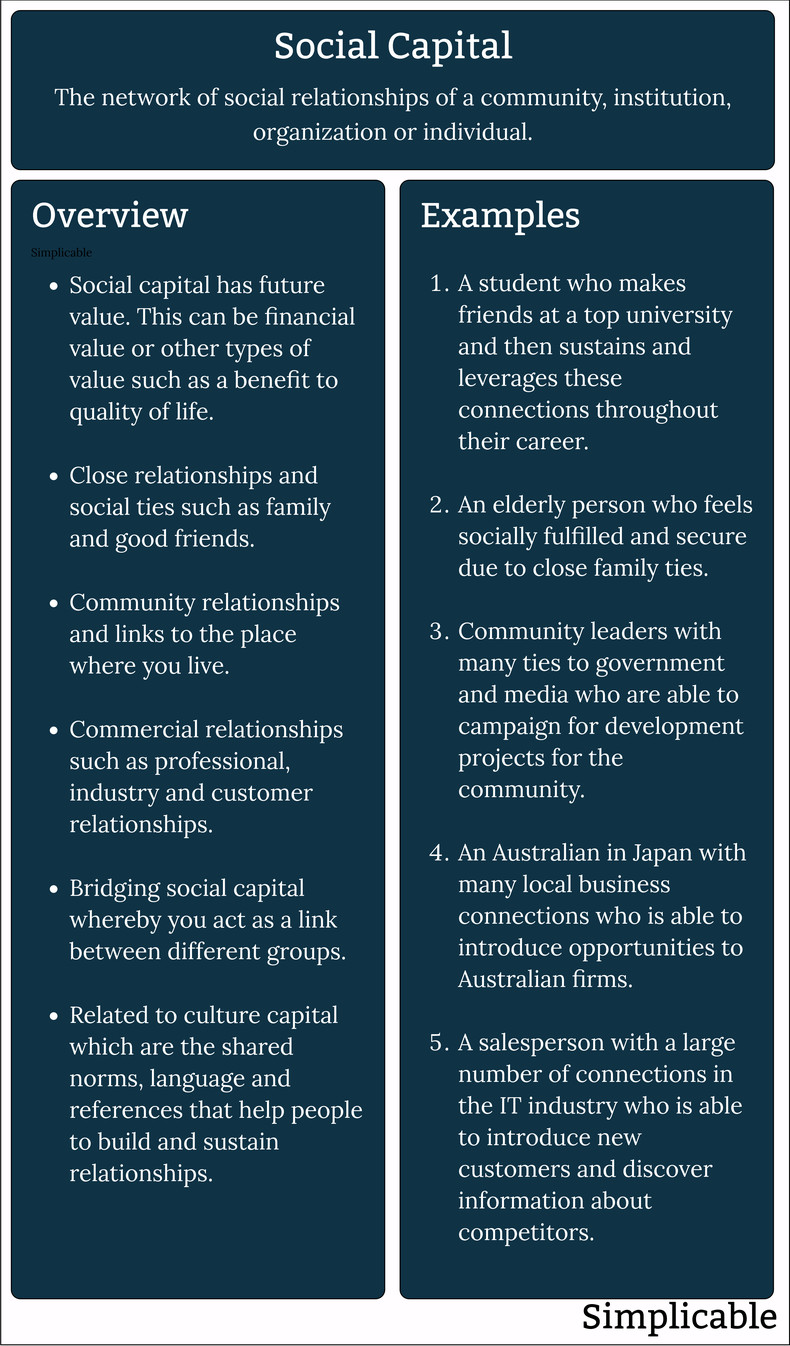
| Overview: Social Capital | ||
Type | ||
Definition | The relationships, goodwill, fellowship and common understandings that exist between people that has economic value or value to quality of life. | |
Related Concepts | ||

